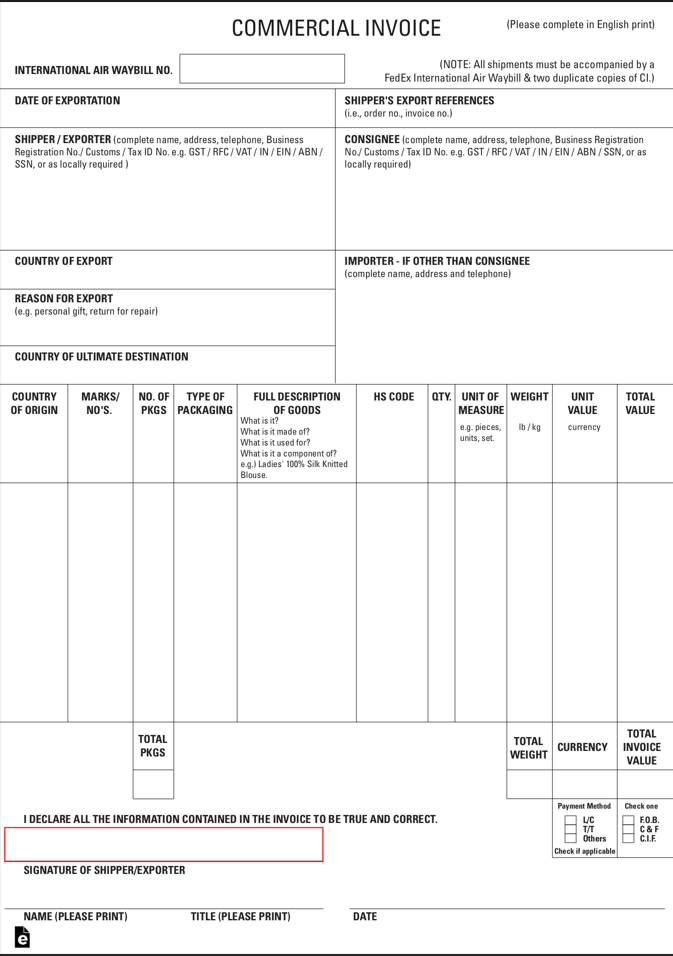USACC welcomes you. We prefer to discuss any question about your document by phone rather than email, Please call us at (202) 468-4200.

Guide to Obtaining Court Records: Importance and Application Process
Introduction:
Court records are vital documents that provide information about legal proceedings, including case details, judgments, and other relevant information. This guide provides an overview of obtaining court records, their significance in legal matters, and the application process for accessing them, with insights from the US Arab Chamber of Commerce.
Importance of Court Records
Court records hold significant importance for several reasons:
- Legal Documentation: They serve as legal documentation of court proceedings, including case filings, hearings, judgments, and other actions taken by the court.
- Proof of Citizenship: Birth Certificates are often required as proof of citizenship for obtaining passports, driver's licenses, and other official documents.
- Access to Information: They provide access to important information about legal cases, including parties involved, case history, rulings, and outcomes.
- Legal Rights: They allow individuals to exercise their legal rights, such as appealing judgments, enforcing court orders, or conducting legal research.
Types of Court Records
- Case Filings: Documents related to the initiation of legal proceedings, including complaints, petitions, and motions filed with the court.
- Hearing Transcripts: Transcriptions of court proceedings, including testimonies, arguments, and rulings made during hearings.
- Judgments and Orders: Official judgments, orders, and decisions rendered by the court, including final judgments, injunctions, and other court orders
- Court Dockets: Lists of scheduled hearings, court appearances, and other events in a case, including dates, times, and locations.
Key Components of Court Records
The key components of court records typically include:
- Case Information: Case number, title, and parties involved, including plaintiffs, defendants, and attorneys.
- Case Filings: Copies of documents filed with the court, such as complaints, motions, and briefs.
- Hearing Records: Transcripts or recordings of court hearings, including testimony, arguments, and rulings.
- Judgments and Orders: Official judgments, orders, and decisions rendered by the court, including final rulings and court orders.
- Court Dockets: Lists of scheduled hearings, court appearances, and other events in a case, including dates, times, and locations.
How to Obtain Court Records
- Determine Jurisdiction: Identify the appropriate court or jurisdiction where the case was filed or heard, as court records are typically maintained at the local, state, or federal level.
- Contact the Court Clerk: Reach out to the court clerk's office or equivalent authority responsible for maintaining court records in the relevant jurisdiction.
- Request Records: Submit a request for the specific court records you need, providing relevant case details, such as case number, names of parties involved, and date of filing.
- Pay Fees: Pay any applicable fees for processing the request and obtaining copies of court records, which may vary depending on the jurisdiction and type of records requested.
- Receive Court Records: Upon processing of your request and payment of fees, you will receive copies of the requested court records, either by mail, email, or in-person pickup, depending on the procedure of the court clerk's office
Sample Court Record Template:
Provide sample templates for various types of business letters, including cover letters, sales letters, complaint letters, acknowledgment letters, and thank-you letters.

Benefits of Using US Arab Chamber of Commerce
-
Expert Guidance and Support: Businesses can benefit from the chamber's expert guidance and support throughout the invoicing process, ensuring compliance with international trade regulations and best practices.
-
Access to Resources and Templates: The chamber provides access to a wealth of resources, including standardized templates and educational materials, streamlining the invoicing process for businesses of all sizes.
-
Streamlined Documentation Process: By leveraging the resources and expertise of the US Arab Chamber of Commerce, businesses can streamline their documentation process, minimizing errors and delays in trade transactions.
Conclusion:
In conclusion, obtaining court records is essential for accessing information about legal proceedings and exercising legal rights. By following the steps outlined in this guide, individuals can efficiently obtain court records and access important information about legal cases, judgments, and other relevant matters.
US Arab Chamber of Commerce Branches
USACC Head Office DC
1330 New Hampshire Ave, NW Suite B1, Washington, D.C. 20036(202) 468 - 4200
usarab.com